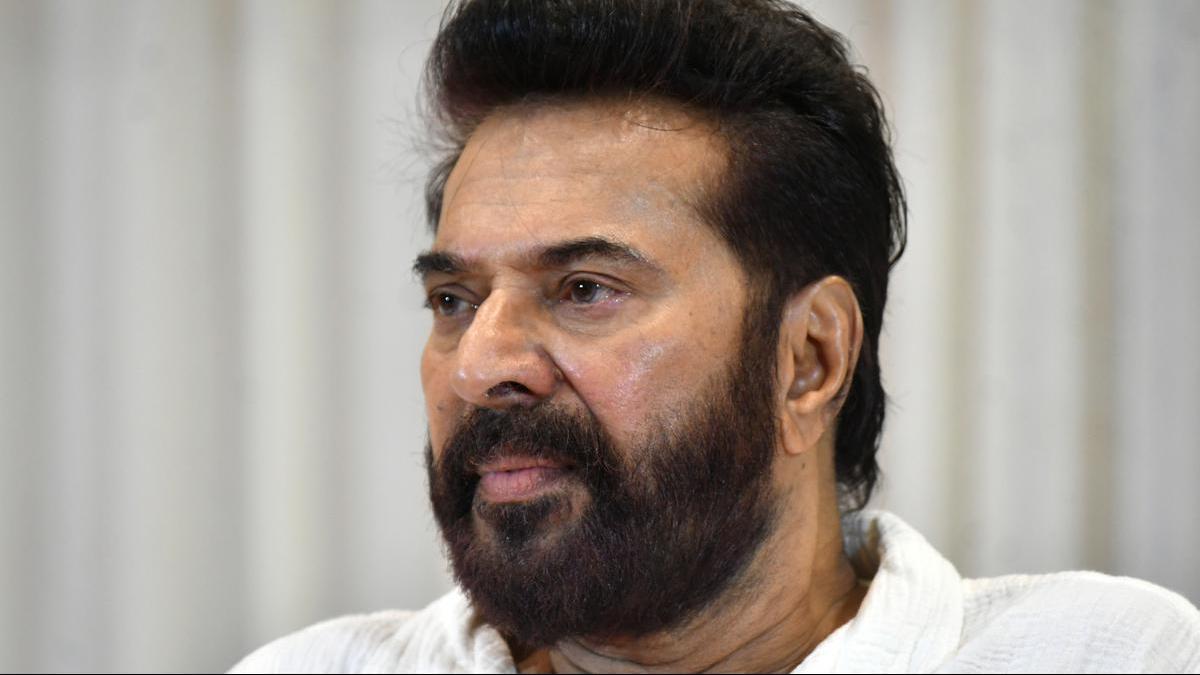
In a significant development within the Malayalam film industry, actor Mammootty has broken his silence on the Hema committee report, following the lead of fellow superstar Mohanlal. Just a day after Mohanlal addressed the report dealing with the broader issues in the industry, including those pertaining to women, Mammootty expressed his views in a detailed Facebook post on Sunday, September 1, 2024. The timing of these statements is critical as both actors, known for their reticence on such matters, had been under public scrutiny for their prolonged silence. Notably, Mammootty’s comments closely mirror those made by Mohanlal.
The Hema committee, instituted by the government to investigate the Malayalam film industry, was tasked with evaluating the industry’s working conditions and the specific challenges faced by women. This action came in the wake of a distressing incident that shook the community. The committee’s findings, made public on August 19, called for substantial reforms and emphasized the need for better safeguards and a more inclusive environment within the industry.
Addressing these vital issues, Mammootty began by welcoming the Hema committee report, pointing out that he had refrained from commenting earlier as he was awaiting a stance from the Association of Malayalam Movie Artistes (AMMA) and its leadership. He expressed a strong belief in the absence of a “power group” within the industry, a viewpoint Bh also echoed in Mohanlal’s earlier statement.
Mammootty highlighted the reflection of societal virtues and vices in cinema, noting, “All the good and bad in society will be reflected in cinema too, as people in it are just a cross-section of society. But, since the film industry is always under the close scrutiny of the public, the consequential and inconsequential happenings will end up becoming the focus of discussions.” He emphasized the responsibility of film professionals to maintain vigilance to ensure nothing untoward occurs within the industry, acknowledging the heightened public scrutiny that cinema often faces.
Reflecting on the origins of the Hema committee, Mammootty remarked, “The government formed the Hema committee to study the industry and submit a report after an incident that should never have happened.” This statement underscores the gravity of the incident that precipitated the formation of the committee, further illustrating the necessity for change.
.
In a powerful endorsement of the committee’s recommendations, Mammootty declared that the industry is fully supportive of the proposed solutions. He stressed the urgency of collaborative efforts among all industry associations to implement these recommendations. “It is high time that all associations in the film industry join hands to implement them,” he wrote.
Furthermore, Mammootty acknowledged the ongoing police investigation into recent allegations, emphasizing the importance of thorough and honest inquiry. “The police investigation is progressing effectively on the allegations which were raised recently. The full version of the Justice Hema committee report is before the court. Let the police investigate honestly. Let the court decide the punishments,” he elaborated.
Importantly, Mammootty called for the practical implementation of the committee’s suggestions, stressing the need for legislative measures if legal challenges arise. “The practical recommendations of the committee report should be implemented, and necessary legislation should be enacted if there are legal hurdles. Ultimately, cinema must survive,” he concluded, underscoring the importance of sustaining the industry’s integrity and future viability.
Both Mammootty and Mohanlal’s responses come at a pivotal moment, as both actors had faced public criticism for not addressing the Hema committee report sooner. By breaking their silence and voicing support for the report’s findings and recommendations, they have potentially set the stage for a more progressive and inclusive Malayalam film industry.
In Kerala’s entertainment circles and beyond, these statements are likely to spark significant discussions and hopefully propel the industry towards meaningful reforms, better working conditions, and safer environments for all its members, especially women, who have been fighting for a more equitable landscape.












